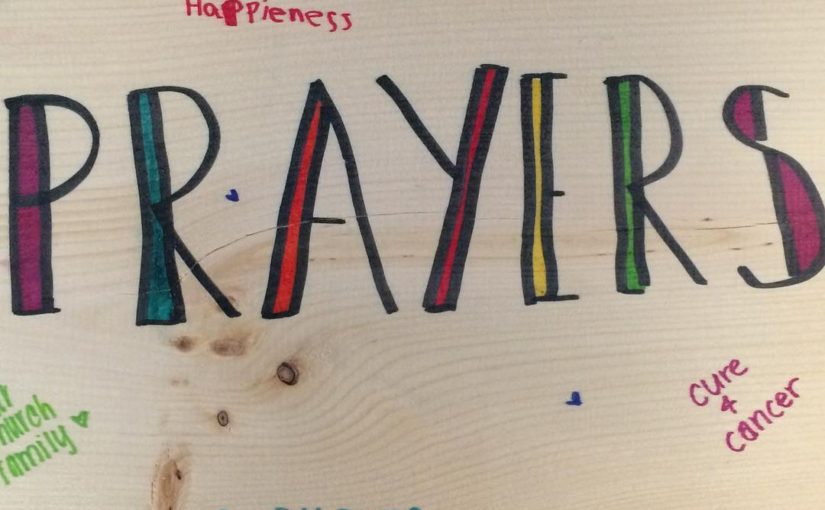The Gospel Reading is Matthew 5:21-37.
In our gospel reading today, we’re still in Jesus’ Sermon on the Mount. Last week, we heard the first twelve verses from that sermon. Today, we’re hearing the next 8. For Matthew, being a follower of Jesus Christ means we are students. Being with God involves regular learning, study, and education. Jesus, as he begins this sermon, is with his disciples. They are gathered around him and Jesus begins to teach. Jesus should teach because he is a rabbi and that’s what teachers do. The disciples, as followers, are called to learn and grow from what their teacher tells them. Being a disciple is more than just doing what we’re told. As a student, the more we learn, the more we are changed. As we study with God through scripture, worship, and prayer, we are transformed. Jesus isn’t just giving his disciples knowledge. Through their learning and education, the disciples are being changed into who God wants them to be.
But, according to Matthew, learning about God is not enough. In verse 20, we hear that our “righteousness” needs to exceed the righteousness of “the scribes and the Pharisees.” As Christians, we’re used to belittling the scribes and Pharisees. We paint these two groups as people who just don’t “get it.” We claim that their religious devotion and education blinded them to what God was doing in Jesus. If they stopped trying to learn about God and just see God, they would have recognized Jesus.
But these arguments are not Matthew’s arguments. Matthew isn’t against learning because that’s one of the ways we live as followers of Jesus. In Jesus’ day, education was something very few had access too. The scribes and Pharisees were as educated as someone could get. They could read, write, and study God’s word fro themselves. Their communities took care of them while they studied and learned. If anyone in Jesus’ world had the time, energy, and resources to learn about God, it was the scribes and Pharisees. Jesus’ demand to his followers in verse 20 is a heavy one. They are to know God more than anyone. How can they? Because, as disciples, God changes who they are. They are not only disciples. They are salt and light. They are more than who they were before and they called to live that identity out in all that they say and do.
Each week, I write a reflection on one of our scripture readings for the week. This is from Christ Lutheran Church’s Worship Bulletin for 2/12/2017.


